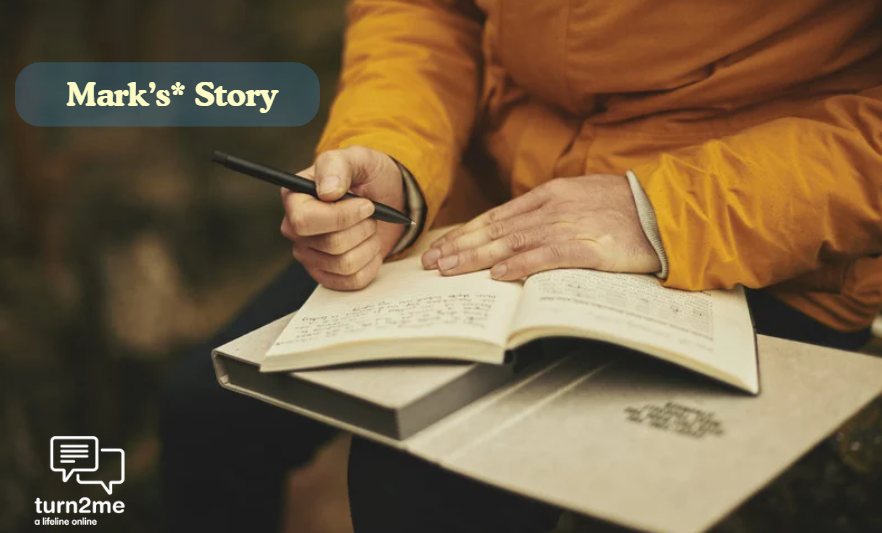My name is Mark* and I live in Sligo*. I’m 29, and until recently, I felt completely untethered from the world around me.
It started slowly, almost without me noticing. During the pandemic, like a lot of people, I spent more and more time online. Social media was how I kept in touch, how I kept informed, and how I distracted myself. But over time, it became something else entirely. My feed was increasingly filled with toxic arguments, hateful comments, and extreme content—anti-migrant rhetoric, anti-LGBTQ+ posts, and misogynistic tirades. It felt like every scroll was another punch to the gut.
I don’t fit into those narratives. I’m gay, I’m not political in a loud way, and I just want people to be kind to each other. But the louder voices online weren’t saying that. The loudest voices were angry, bitter, and often cruel—and they were everywhere. Absolutely everywhere.
It began to wear me down. I started feeling more anxious, more cynical, and honestly, more hopeless. I felt like society was being pulled apart, and that there was no room for people like me—people who just want to live and let live. I became disengaged, even in real life. I didn’t want to talk to people. I didn’t want to engage in conversations about the world. I just felt like shouting into the void wouldn’t make a difference. And I worried deeply about the younger generation, growing up with this constant exposure to hate.
One night, I watched Adolescence on Netflix. It was disturbing, yes, but also incredibly poignant. It held up a mirror to what was happening online—and in all of us. It made me realise how fractured I had become inside. I closed my laptop after the credits rolled and just sat in silence, really feeling the weight of everything for the first time.
I decided then that I needed to do something. I booked a GP appointment and, through that conversation, my doctor recommended Turn2Me. I hadn’t heard of them before, but I looked them up that night and signed up for counselling. I was able to get six free sessions, all online, which made the process feel so accessible and safe.
Talking to my counsellor was a relief. For the first time in a long time, I felt like I could just say everything out loud—my fears, my sadness, my frustration. She didn’t try to lecture me or give me simple answers. She helped me reconnect with myself. We talked a lot about boundaries, especially around digital spaces. She encouraged me to take digital detoxes, to reclaim time from social media. I started doing that—switching off for a day or two at a time—and I immediately noticed a difference in my anxiety levels. I was less jittery, less reactive. I started to feel calmer.
She also asked me what brought me joy in the past. I told her I used to rock climb and run cross-country when I was in college, but I hadn’t touched either since I graduated. She gently encouraged me to try them again. I hesitated at first, but eventually I signed up for a local climbing group and started running again in the evenings.
Now? I’ve made new friends through those groups—people who talk about nature, food, films, and life in real terms. No comment sections, no performative outrage, no toxicity. Just real human connection. I feel stronger, mentally and physically. I feel more grounded. And while I still get anxious sometimes, it doesn’t own me anymore.
Turn2Me helped me find a way back—to myself, to my community, and to hope. I’m grateful every day I made that GP appointment and took that first step.
*Case study’s name and location have been changed to protect anonymity
